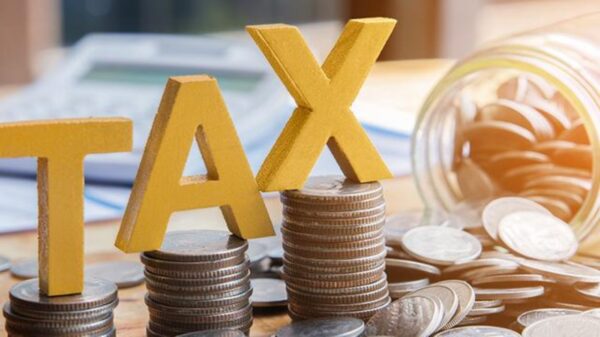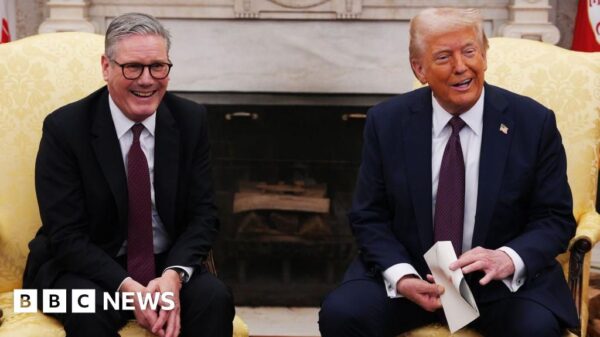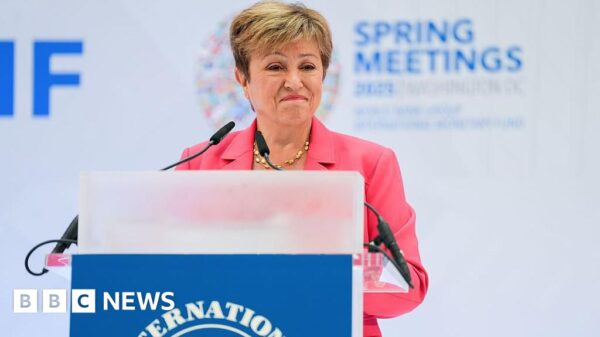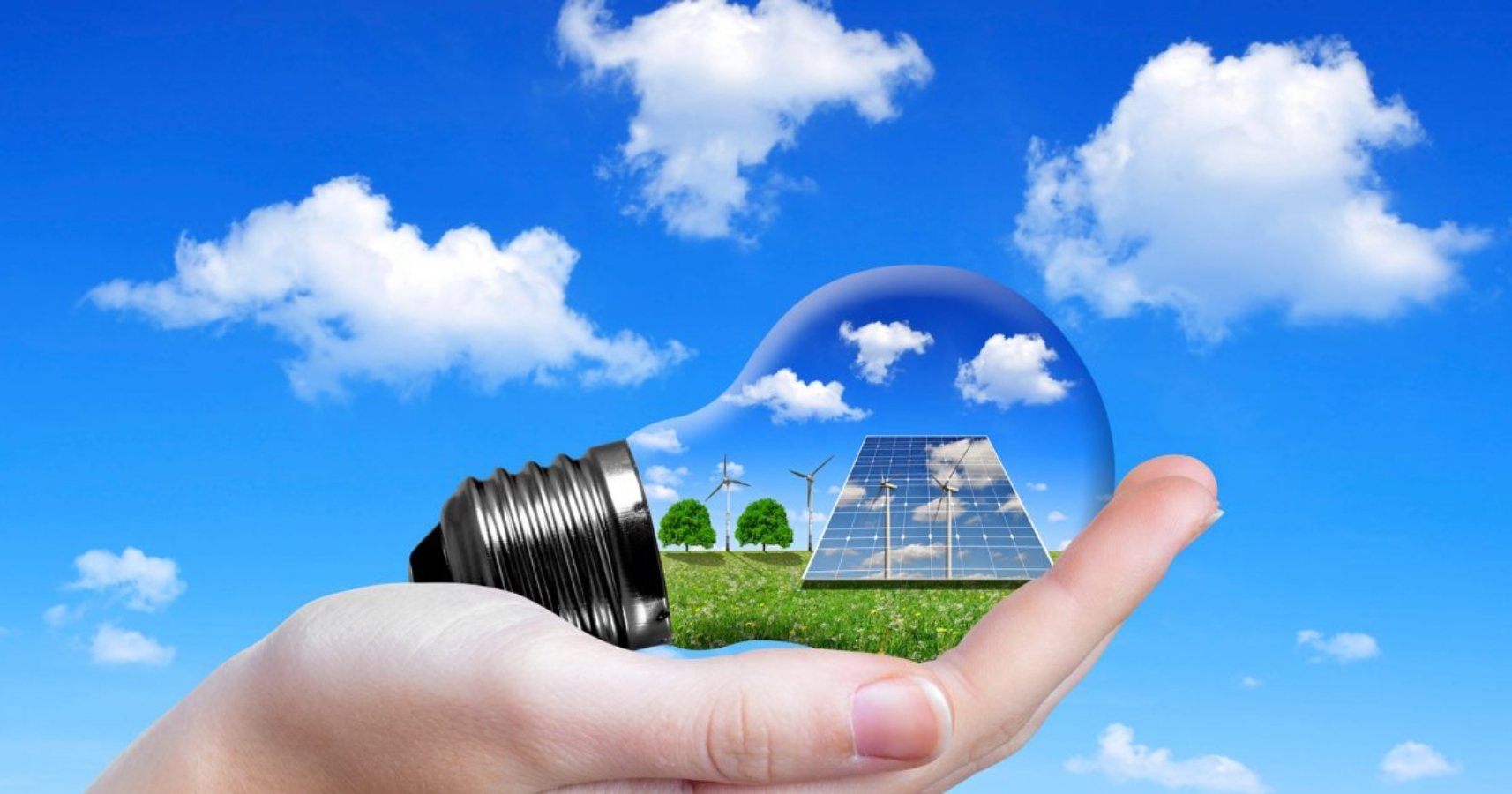Saving energy is key to fighting climate change and reducing the EU’s energy dependency. Find out what MEPs are doing to reduce consumption, Society.
Energy efficiency means using less energy to produce the same result. It enables saving energy and reducing emissions from power plants.
Laws on energy efficiency from 2018 are being revised to help the EU reach new ambitious climate goals set under the 2021 European Green Deal. They will also contribute to reducing Europe’s dependence on fossil fuel imports that come in large part from Russia, as set out in the RepowerEU plan.
The EU is working in parallel on rules to increase renewable energy.
Read more on EU action to reduce emissions.
New energy efficiency targets
https://googleads.g.doubleclick.net/pagead/ads?client=ca-pub-1888590479122063&output=html&h=18&adk=3660718416&adf=3277914015&w=699&lmt=1692695441&rafmt=12&format=699×18&url=https%3A%2F%2Fwww.eureporter.co%2F%3Fp%3D164748%26preview%3Dtrue%26_thumbnail_id%3D164751&host=ca-host-pub-2644536267352236&wgl=1&dt=1692695440646&bpp=80&bdt=3352&idt=1162&shv=r20230817&mjsv=m202308160101&ptt=9&saldr=aa&abxe=1&cookie=ID%3D38ea3e93f80a65a7-2248654198d6008c%3AT%3D1667839953%3ART%3D1692610429%3AS%3DALNI_MYQCNn0hoEcOVUbODITnQF7XCizqg&gpic=UID%3D00000b1161a1c760%3AT%3D1665742902%3ART%3D1692610429%3AS%3DALNI_MY_q3pgRlzNKS7kDvBj_-KaOtSDUw&prev_fmts=0x0&nras=1&correlator=3642892630720&frm=20&pv=1&ga_vid=1046813545.1634124352&ga_sid=1692695442&ga_hid=849039379&ga_fc=1&u_tz=60&u_his=2&u_h=768&u_w=1366&u_ah=728&u_aw=1366&u_cd=24&u_sd=1&adx=20&ady=1615&biw=1120&bih=560&scr_x=0&scr_y=1307&eid=44759875%2C44759926%2C44759837%2C31077090%2C31077148%2C31076995%2C44799571%2C44798323&oid=2&pvsid=4440206036700184&tmod=426403655&nvt=1&ref=https%3A%2F%2Fwww.eureporter.co%2Fwp-admin%2Fpost.php%3Fpost%3D164748%26action%3Dedit&fc=1920&brdim=212%2C66%2C212%2C66%2C1366%2C0%2C1149%2C651%2C1137%2C560&vis=1&rsz=%7C%7CoEe%7C&abl=CS&pfx=0&fu=256&bc=31&ifi=2&uci=a!2&fsb=1&xpc=8WUMZcWMhR&p=https%3A//www.eureporter.co&dtd=1172
Energy efficiency improvements could reduce not only CO2 emissions, but also the EU’s annual €330 billion bill for energy imports.
New targets adopted by the Parliament in July 2023 set a collective reduction in energy consumption of at least 11.7% at EU level by 2030 (compared to the projections of the 2020 Reference Scenario).
EU countries have to save on average 1.5% per year. Energy savings should start with 1.3% a year until the end of 2025, progressively reaching 1.9% by the end of 2030.
To reach these targets, local, regional and national measures will cover different sectors: public administration, buildings, businesses, data centres, etc. MEPs insisted on specific, attainable objectives:
- The public sector should reduce its final energy consumption by 1.9% each year
- EU countries should ensure at least 3% of public buildings are renovated each year into nearly-zero energy buildings or zero-emission buildings.
- There are new requirements for efficient district heating systems
A robust monitoring and enforcement mechanism will ensure EU countries meet their targets.
The new rules still need to be adopted by the Council before they can enter into force.
https://googleads.g.doubleclick.net/pagead/ads?client=ca-pub-1888590479122063&output=html&h=280&slotname=9176056444&adk=3835025994&adf=677613361&pi=t.ma~as.9176056444&w=699&fwrn=4&fwrnh=100&lmt=1692695441&rafmt=1&format=699×280&url=https%3A%2F%2Fwww.eureporter.co%2F%3Fp%3D164748%26preview%3Dtrue%26_thumbnail_id%3D164751&host=ca-host-pub-2644536267352236&fwr=0&fwrattr=true&rpe=1&resp_fmts=3&wgl=1&dt=1692695440726&bpp=1&bdt=3433&idt=1112&shv=r20230817&mjsv=m202308160101&ptt=9&saldr=aa&abxe=1&cookie=ID%3D38ea3e93f80a65a7-2248654198d6008c%3AT%3D1667839953%3ART%3D1692610429%3AS%3DALNI_MYQCNn0hoEcOVUbODITnQF7XCizqg&gpic=UID%3D00000b1161a1c760%3AT%3D1665742902%3ART%3D1692610429%3AS%3DALNI_MY_q3pgRlzNKS7kDvBj_-KaOtSDUw&prev_fmts=0x0%2C699x18&nras=1&correlator=3642892630720&frm=20&pv=1&ga_vid=1046813545.1634124352&ga_sid=1692695442&ga_hid=849039379&ga_fc=1&u_tz=60&u_his=2&u_h=768&u_w=1366&u_ah=728&u_aw=1366&u_cd=24&u_sd=1&adx=20&ady=2299&biw=1120&bih=560&scr_x=0&scr_y=1319&eid=44759875%2C44759926%2C44759837%2C31077090%2C31077148%2C31076995%2C44799571%2C44798323&oid=2&pvsid=4440206036700184&tmod=426403655&nvt=1&ref=https%3A%2F%2Fwww.eureporter.co%2Fwp-admin%2Fpost.php%3Fpost%3D164748%26action%3Dedit&fc=1920&brdim=212%2C66%2C212%2C66%2C1366%2C0%2C1149%2C651%2C1137%2C560&vis=1&rsz=%7C%7CoEebr%7C&abl=CS&pfx=0&fu=128&bc=31&ifi=3&uci=a!3&btvi=1&fsb=1&xpc=UI4S1a9WwF&p=https%3A//www.eureporter.co&dtd=1121
Reducing the energy consumption of buildings
Buildings in the EU are responsible for 40% of energy consumption and 36% of greenhouse gas emissions.
One important area for improvement is the heating and cooling of buildings and domestic hot water which account for 80% of households’ energy consumption.
The European Commission proposed an update of the energy performance of buildings directive in 2021.
In March 2023, Parliament backed plans for a climate neutral building sector by 2050. The rules to increase the performance of Europe’s buildings include measures to help reduce energy bills and energy poverty, particularly among women and increase healthy indoor environments.
All new buildings should be zero emissions as of 2028. The deadline for new buildings occupied, operated or owned by public authorities is 2026.
Making EU buildings more energy efficient and less dependent on fossil fuels, by investing in renovation would allow a reduction in the final energy consumption of buildings and cut emissions in the sector by 2030. The Renovation wave strategy proposed by the Commission in 2020, aims to at least double the annual energy renovation of buildings by 2030, foster renovations in more than 35 million buildings and create up to 160,000 jobs in the construction sector.
Buildings’ energy performance to not be lower than D
On a scale from the best to the worst-energy performance (A to G), residential buildings should upgrade to D by 2033 with a deadline of 2030 for non-residential and public buildings. This can be done via insulation or improved heating systems.
More information should be shared within the construction sector. The update of the legislation foresees also sharing information on energy performance with building owners and occupants, financial institutions and public authorities.
Buildings to produce their own solar energy
The update would also make it binding on EU countries to ensure that new buildings have solar technologies by 2028, when technically and economically possible. For residential buildings, the deadline should be 2032.
In December 2022, Parliament backed proposals to make it mandatory for EU countries to ensure that permits to install solar energy equipment on buildings are delivered within one month.
Measures to help lower energy bills
Inefficient buildings are often linked to energy poverty and social problems. Vulnerable households tend to spend proportionally more on energy so are more exposed to increasing prices.
Renovations can help to reduce energy bills and contribute to lifting people out of energy poverty, but as building work is expensive Parliament wants to ensure that the impact of those costs is limited for vulnerable households.
New rules on the energy performance of buildings, include proposals for national renovation plans that would provide access to funding for vulnerable households.
Monuments are excluded from the rules on energy performance of buildings and countries can broaden the exemption to other buildings (architectural, historical, places of worship). Publicly-owned social housing can also be excluded where renovations would lead to rent increases greater than energy bill savings.
Financing national efforts to tackle energy dependency
In December 2022, Parliament negotiators reached a provisional agreement with EU countries that would require countries receiving additional funds through updated recovery and resilience plans, to include measures to save energy, produce clean energy and diversify supplies.
The aim for these national recovery plans is to support independence from Russian fossil fuels and the green transition. Other measures would encourage:
- Investment to tackle energy poverty for vulnerable households, small and medium-sized companies and micro-enterprises, and;
- more member state funds for cross-border and multi-country energy projects.
This provisional agreement still needs to be formally approved by Parliament and Council to enter into force.
Energy efficiency of home appliances
In 2017 Parliament approved simplified energy labels for home appliances, such as lamps, televisions and vacuum cleaners, to make it easier for consumer to compare their energy efficiency.
Revising the Energy Efficiency Directive
- Briefing (September 2022)
- Briefing (February 2020)
- Study: energy saving and demand reduction (September 2022)

































